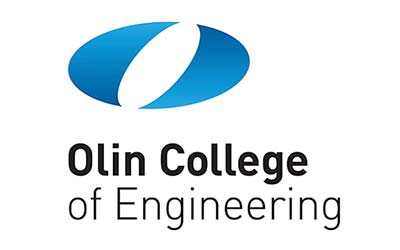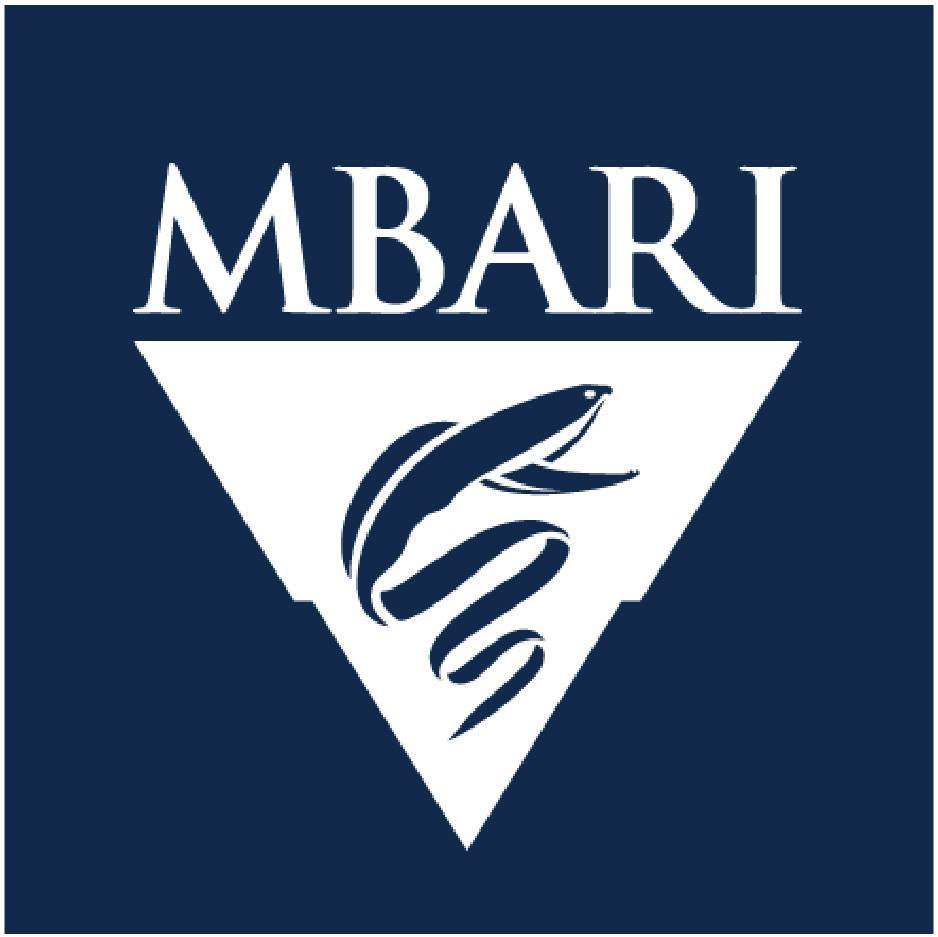Enhancing Ocean Discovery and Exploration
Our US Foundation is supporting Olin College and Monterey Bay Aquarium Research Institute: together, they are creating a new generation of deep sea underwater robots with a Real-Time VR Tools to explore some of the most remote places on our planet.
Developing real-time VR tools to enhance operations of underwater robots
Ocean conservation and climate change are at the forefront of sustainability issues facing the world today. Today, we know less about our oceans than we do about the Moon, as scientists have only studied approximately 6% of the world’s oceans. Better knowledge of our oceans and especially the deep abyss is the key to learning how to protect them and much more research will be required in the coming years to learn how best to approach and meet these challenges.
VR is a promising tool that researchers and engineers hope to use to explore and document some of the most remote places on our planet found in the deep ocean, but more development of this technology is required.
To advance this technology, a student team in Olin College’s Senior Capstone Program in Engineering (SCOPE) has partnered with the Monterey Bay Aquarium Research Institute (MBARI) to reimagine how ROV’s are piloted and make room for new modes of collaboration that are only possible in VR. The VR camera has a 180 degree, real-time camera system that is useable at ocean depths up to 4000 meters, and can be used on a deep-sea underwater robot or remotely operated vehicle (ROV). The ROV-VR technology can capture footage of deep-sea midwater and benthic (organisms that live on, in, or near the seabed) animals and habitats in VR for the first time.
Sharing knowledge
Senior engineering students will gain valuable expertise developing software for AR/VR/MR focused on ROV operators/researchers. Through this project, students are learning the critical collaboration and technical skills necessary to be successful in the workplace, while being exposed to new software applications within the field of oceanographic research.
This VR footage can also be valuable in real-time for enhancing ROV operability. The information collected during this collaboration will be shared with outreach and education partners (e.g., Stanford University, National Geographic Society) to produce media for the general public that helps educate and spread the importance of these programs which are vital to the study ocean conservation and climate change.
One of the reasons I love this project most is that MBARI (through our SCOPE team) is trying to increase ocean awareness by creating something new, educational and absolutely amazing. The images the ROV will take and the wow factor alone of trying to pilot ROV’s using a Virtual Reality control room will draw the interest of so many people. Who wouldn't want to see what’s going on far beneath the waves right now?
The 2030 Agenda for Sustainable Development
Adopted by all United Nations Member States, provides a shared blueprint for peace and prosperity for people and the planet, now and into the future. At its heart are the 17 Sustainable Development Goals (SDGs), which are an urgent call for action by all countries - developed and developing - in a global partnership. Dassault Systèmes La Fondation AR/VR Ocean Discover Project supports 3 of these goals:
Our partners

Olin College of Engineering, chartered in 1997, is a Massachusetts-based institution-serving students from every state in the United States with a mission to be a catalyst for transforming engineering education.

The Monterey Bay Aquarium Research Institute (MBARI), located in Moss Landing, California, is one of the world’s premier oceanographic research institutions.
Get more information on this project and Dassault Systèmes' commitment to improving the world’s water and consumption practices.

